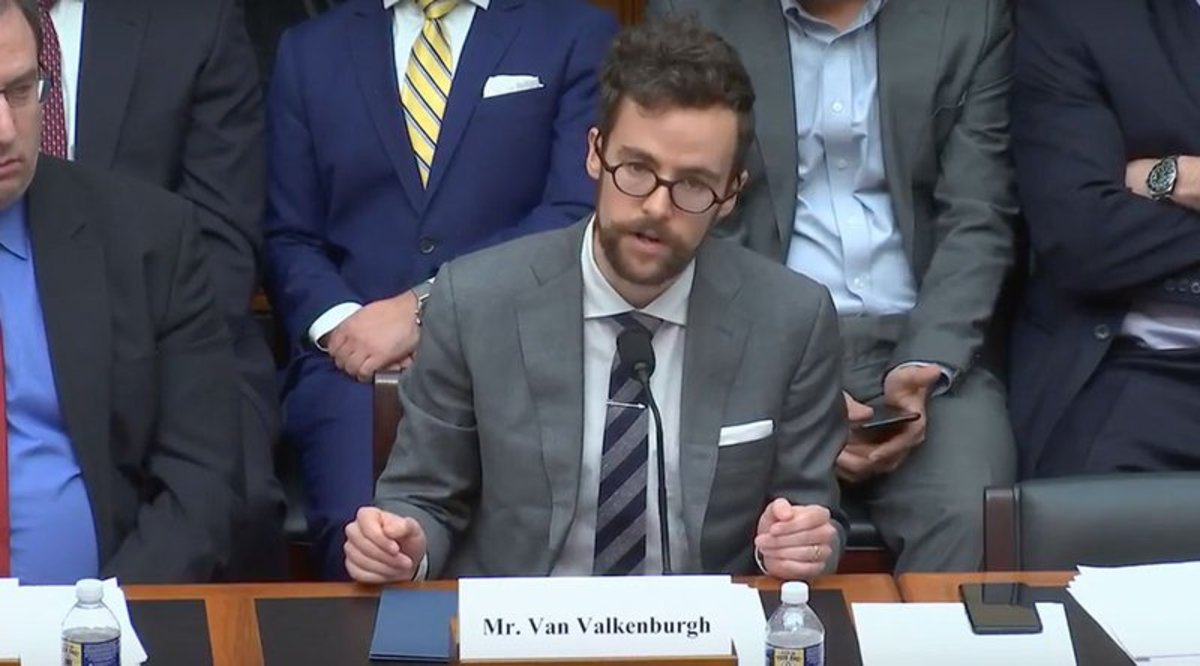
The Brave browser and its Basic Attention Token (BAT) just added another verified mainstream publisher to its list of partners.
According to original posts on Reddit, the Washington Post recently integrated with Brave to accept contributions in BAT on its website. As such, the Post’s readers can now donate BAT to the publication via the Brave platform.
Users trumpeted the news as a major adoption milestone and with good reason. Owned by Jeff Bezos, the Washington Post is one of the largest media outlets in the United States, and this is just the latest publisher to adopt Basic Attention’s model in recent months. Other mainstream publishers that Brave and BAT have on board include Vice and the Guardian (U.K.).
The Washington Post, Vice and the Guardian are all impressive bedfellows, but the Brave browser gets around with more than just media outlets. Popular YouTube channels, such as PewDiePie, Casey Neistat and Philip DeFranco started accepting BAT back in November of 2017, and, this February, the project announced that it has enabled streamers on the popular streaming service Twitch.tv to receive user donations via Brave Payments.
Founded by Mozilla Firefox creator Brendan Eich, Brave offers a cryptocurrency payment solution for the digital advertising space. Eich created Brave to fix the problems that plague digital advertising, such as bot views, inequitable share of advertising revenue and fraud. Brave attempts to streamline the process by connecting advertisers and publishers directly, cutting out middlemen and third party partners.
As the first working iteration of BAT’s model, the Brave browser works with publishers and users to deliver a less intrusive and more equitable advertising model. With Brave, users can hide ads from any website they visit on the browser. However, they can also disable this ad-blocking feature and earn a portion of advertising revenue for every ad they interact with. Users can then spend these tokens for services, promotions and the like on participating sites, or they can donate them directly to publishers they especially appreciate if they’re feeling generous.
The platform also anonymously gauges user attention to ensure that publishers get no more or no less than their allotted share of ad revenue. Additionally, it keeps tabs on what ads consumers favor so that advertisers can know which products they should direct at which audiences. Thus, Basic Attention Tokens monetize user engagement so as to reward consumers for their attention; cut publishers a fairer piece of the advert pie; and give advertisers more reliable data on user interests.
Currently, only the Brave Browser supports BAT, but the team has it in its sights to expand the token to other browsers in the future. If the project can onboard more browsers, BAT may become more attractive to online publishers as its proof of concept morphs into adoption.
Image attribution: By Michael Fleischhacker - Own work, Public Domain.









